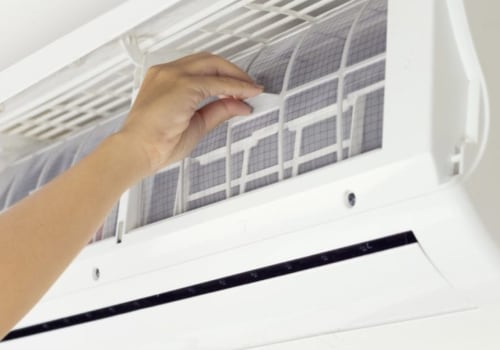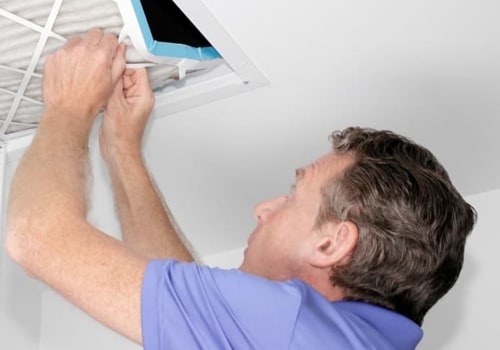A dirty air filter can have serious consequences for your car's performance. It reduces the amount of air supplied to the engine, leading to an increase in unburned fuel that turns into soot residue. This soot can build up on spark plug tips, making them unable to produce a proper spark. As a result, the car may move abruptly, idle, and in some cases, the engine may fail.
Engine misfires, rough idling, and hard starts are all signs of a clogged engine air filter. The restricted air supply to the engine causes unburned fuel to form a soot residue that accumulates in the spark plug. This fouls the spark plug (s) and decreases its ability to produce the spark needed for the combustion process. Replacing the affected air filter and spark plugs will restore your engine's performance.
A dirty air filter can cause a range of issues, from harmful emissions and fuel waste to damaged spark plugs and engine buildup. That's why it's important to monitor parts that suffer from wear and tear. Engine misfire can significantly increase vehicle emissions, which is why the ECM constantly monitors the misfire status of the engine. If it detects an engine misfire, it will turn on the CEL.
Decreased fuel economy is another sign of a faulty or dirty air filter. A bad or dirty air filter restricts airflow and reduces oxygen in the mixture. Your engine compensates for this by consuming more fuel to produce enough power to move the same distance or speed as it could with a clean filter. In severe cases, a dirty engine air filter can cause or contribute to overheating.
If your vehicle's engine air filter is clogged or dirty, less oxygen will enter the combustion chamber. Since all fuel burns in the combustion chamber, the temperature of the engine can increase, which could cause your vehicle's engine to overheat. If the light comes on, check the air filter to see if it needs to be replaced before performing other diagnostics. A dirty air filter can also cause a lack of airflow to the evaporator or cooling coils during summer cooling season. Most automotive companies recommend changing the air filter every 10,000 to 15,000 miles or every 12 months.
With inadequate air supply, unburned fuel leaves the engine and may not produce smoke or flames in the process. Note that even if you don't see any visible debris or dust and dirt on the inner layers of filter paper inside the air cleaner in bright light, it may still be clogged with tiny particles. Inadequate air supply can cause carbon deposits to build up on the engine, which will eventually activate the engine check light. If you notice that your car vibrates excessively or you hear coughing or clicking noises, it is often due to a clogged air filter that dirties or damages a spark plug. For every gallon of gasoline consumed by a car, it must be able to ingest thousands of gallons of air to process that fuel efficiently. You can clean reusable and foam filters with specific applications but must dry them before replacing them. A clean air filter has a white or off-white color but as it accumulates dust and dirt, it will look darker. For safe and optimal performance of your engine, make sure to address dirty air filter symptoms immediately and always have a clean air filter in place.
An air filter prevents dirt, debris, pollutants and road bugs from reaching the engine and ensures an adequate supply of air to the engine's combustion chamber.



